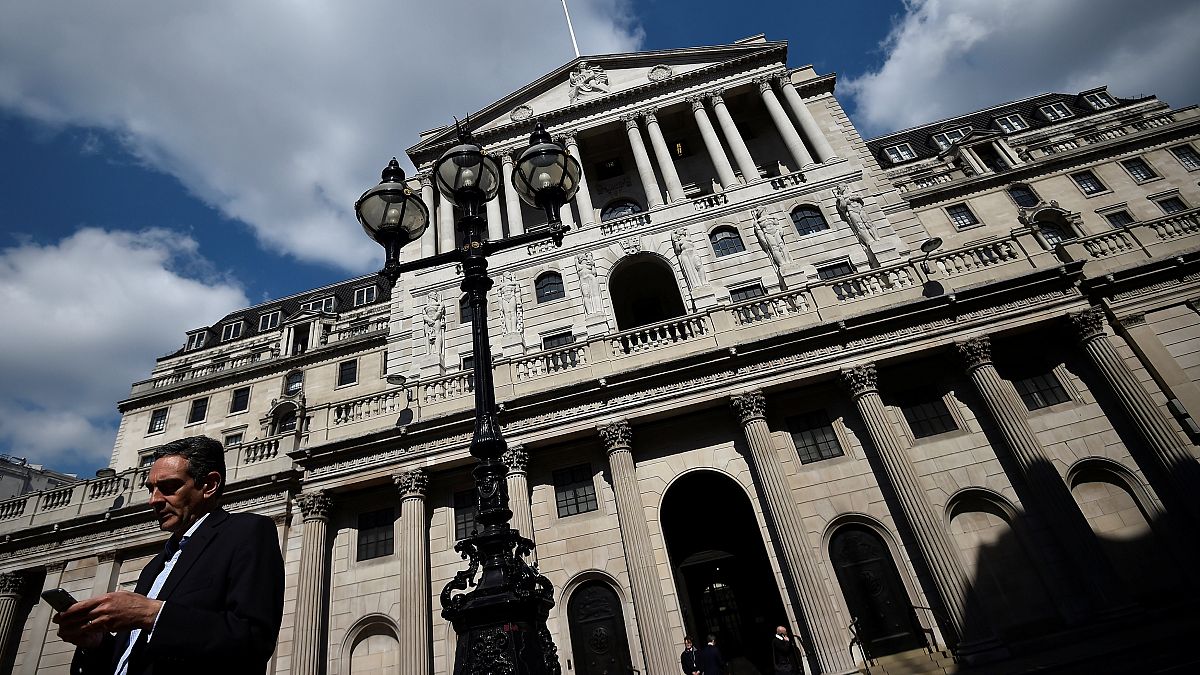The new data complicates the debate among Bank of England officials over the need for higher interest rates
British workers saw their pay and bonus growth fall further behind inflation in the three months to end-May, but the jobless rate hit a 42-year low.
The unemployment rate (4.5%) is the lowest since 1975: https://t.co/Wfk1RtGQSYpic.twitter.com/JPixwkEbcT
— ONS (@ONS) July 12, 2017
The new data will complicate the debate among Bank of England officials over the need for higher interest rates.
Sterling bounced against the dollar after official figures showed the unemployment rate in the period between March and May fell to its lowest since 1975 at 4.5 percent, below the average forecast of 4.6 percent in a Reuters poll of economists.
But lacklustre wage growth showed the challenge facing Prime Minister Theresa May and her minority government, with growing signs that households are feeling the strain of rising prices since last year’s Brexit vote.
The Office for National Statistics said pay including bonuses, adjusted for inflation, fell 0.7 percent in the three months to May compared with a year earlier — the sharpest drop since mid-2014.
Real earnings down 0.7% on the year including bonuses and 0.5% excluding bonuses: https://t.co/4188zhamkHpic.twitter.com/nMQ0JjuFOw
— ONS (@ONS) July 12, 2017
In nominal terms, total earnings rose by an annual 1.8 percent, the weakest increase since the three months to November 2014 and compared with 2.1 percent in the period to April. This was in line with the Reuters poll consensus.
Inflation hit an almost four-year high of 2.9 percent in May, official data showed last month, a bigger increase than economists had expected.
After BoE Deputy Governor Ben Broadbent signalled his reluctance to raise interest rates in an interview published on Wednesday, the latest figures broadly confirmed policymakers’ existing views of the labour market.
“Ongoing anaemic earnings growth looks to be key factor calling for the Bank of England to sit tight on interest rates,” said Howard Archer, chief economic advisor to the EY ITEM Club consultancy.
Other economists said the very low unemployment rate was likely to raise concerns among some BoE policymakers that the economy was running at full capacity and that wage growth could soon take off, pushing inflation higher.
The Bank of England is watching wage growth closely as it gauges whether the increase in inflation is creating longer-lasting pressure on prices. It expects wages to rise by 2 percent this year before picking up in 2018 and 2019.
The health of the labour market is also a big political issue in Britain. On Tuesday Prime Minister Theresa May pledged more help for “gig economy” workers, a growing part of the workforce which partly explains why some people feel financially insecure despite record employment.
Some private sector surveys point to wage gains for people moving jobs.
“The important thing for us is job churn and we’re hopefully that there might be the beginnings of some salary inflation and that will help the job market, which has really been frozen for the better part since 2009,” Alan Bannatyne, chief financial officer at recruiter Robert Walters said.
The number of people in work rose by 175,000 in the three months to May, taking the employment rate to a record high of 74.9 percent, the ONS said.
The ONS said the number of unemployment benefit claimants rose by 6,000 to 829,000 in June, a slightly smaller increase than in May.
Economists taking part in the Reuters poll had expected the number of benefit claimants – which is considered to be a potential early warning sign of an economic downturn – to rise by 10,000.


